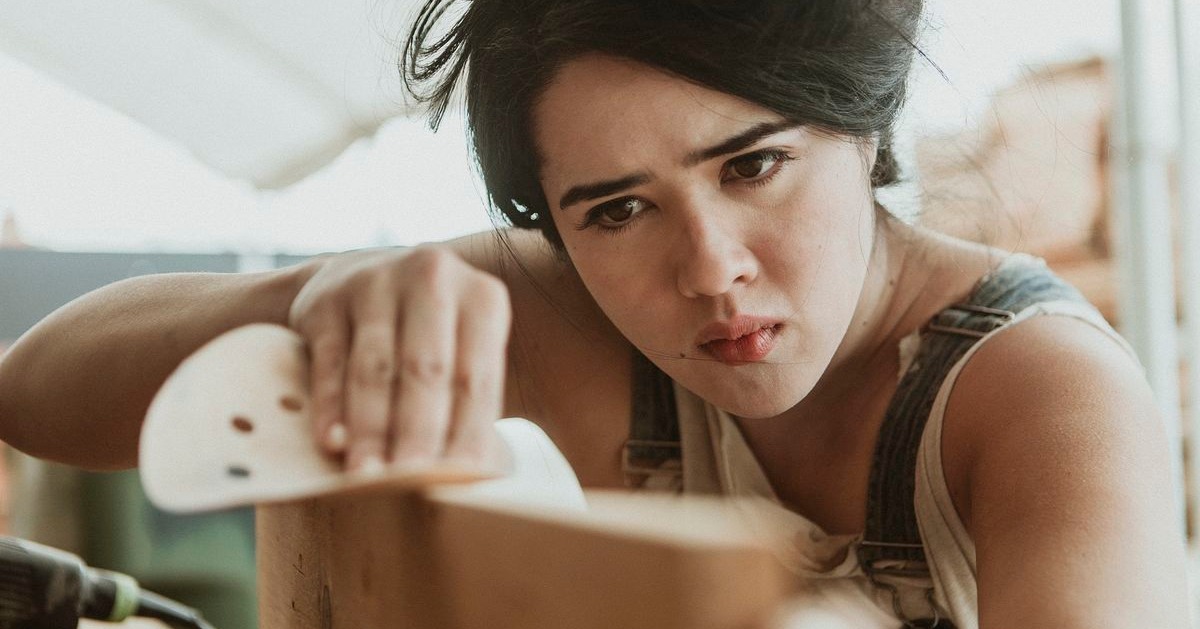When a person is struggling with substance use disorders, their substance of choice can become the center of their identity. Much of their time is spent thinking about using, acquiring substances, actually consuming substances, and hiding their substance use. For a person in recovery, reconnecting with and discovering new hobbies can be an important part of the healing process. It allows those in recovery the opportunity to discover their likes and dislikes outside of substances. They can find an aspect of their personality that they may have lost.
Many treatment centers, like Spero Recovery, emphasize clients engaging in hobbies and experiential therapies. There are so many benefits to hobbies that can help a patient early in recovery. If you or someone you love is seeking treatment, examining these benefits can help you determine if the treatment center selected is right for you or your loved one.
Distraction
A person seeking treatment is left with a lot of time to ruminate on their mistakes. Though it is important to examine one’s choices, it isn’t something that needs to be done 24/7. Distraction is an emotional regulation technique taught in cognitive-behavioral therapy. As a person engages with their hobbies, they can experience a temporary mental break from strong emotions. Advancing their skills requires cognitive focus.
Hobbies that involve the body can also be used for tactile grounding to disrupt intrusive thoughts. Hiking and cooking surround a person with many sensory inputs to focus on. Engaging in meditation with essential oils stimulates the olfactory inputs. Even something as simple as drawing a picture makes use of the hand and arm muscles. These activities allow for mindfulness.
Stress Relief
Stress can start a person on the path to addiction, and it can be a big factor in relapsing. While in recovery, exploring hobbies can allow a person to de-stress. They might rediscover something they did prior to substance abuse. Maybe they will learn something entirely new. No matter what hobby they find, so long as it is healthy and sustainable, the person is set up to succeed outside of the treatment center. They can cope with stress by channeling it into something fun.
Confidence Boost
Though recovery is a positive journey, the experience can be scary. It can leave a large void in a person’s life. If a person is experiencing anhedonia, it can be hard for them to find any pleasure. Hobbies can provide joy in a healthy manner. A person in recovery can feel proud and accomplished as they advance their skills. The brain’s reward system will begin to balance itself as it releases healthier levels of dopamine and endorphins.
Over time a person’s self-esteem will improve with the little boosts in confidence. The confidence boost is especially prevalent in more complex hobbies because it requires the implementation of multiple skills, techniques, and mental focus. For every challenging stumble, a person can feel proud of their successes.
Personal Expression
Rediscovering yourself can be one of the best parts of starting a recovery journey. As a person embraces the many facets of their personality, hobbies can help with expression. This is particularly true when it comes to creative hobbies like writing, painting, or woodworking. One has the opportunity to channel themselves into each piece created. If a person likes nature, they can make a birdhouse or sketch the surrounding landscape. Engaging with your values and interests in a tangible way can help heal the psyche.
Creating a Sober Community
While living with substance use disorder, everything in life can become associated with drugs or alcohol. This includes a person’s support system. Engaging in hobbies early in recovery is a great way to build a community that doesn’t revolve around substances. A person will not be labeled by their mental illness but instead seen for their interests and values. People doing activities together can develop a meaningful camaraderie that extends to each other’s overall well-being. This offers the support needed by people recovering from substance use.
Building Hope
If you or a loved one is struggling with a substance use disorder, treatment is the first step. The process isn’t easy. It is important for patients to feel empowered and centered throughout their journey. Hobbies can help a person build hope while pursuing sobriety. By embracing their interests, they can develop a sense of identity, self-expression, and control. They can decrease stress. The community they build will help support them when things are difficult.
When seeking out a treatment center, it’s important to evaluate whether access to hobbies is important to you. If that is going to be important in your or your loved one’s healing journey, look into whether your treatment center offers complementary and alternative medical practices in their treatment plans. Don’t be afraid to change directions if the answer doesn’t fit your needs. Recovery is an individualized journey.
Treatment for a substance use disorder can be challenging. Hobbies ease the difficulty and offer hope during recovery. At Spero Recovery, we understand the importance of fun; as such, we offer a variety of experiential therapies. Our location in Evergreen, Colorado allows for a unique selection of activities. We offer an herb identification club. Our mountainous landscapes are perfect for hiking, rock climbing, and mountain biking. We run a fully equipped woodshop accessible to patients and alumni. Our meditation and yoga classes allows for mental clarity. Cooking is both a daily life skill and a hobby that can be cultivated in our kitchens. These activities are paired with a 12-step curriculum in which all patients participate. With the help of our staff, you or your loved one will be on the path to recovery in no time. Let us help you discover an identity outside of your addiction. Call us now at (303) 351-7888.








